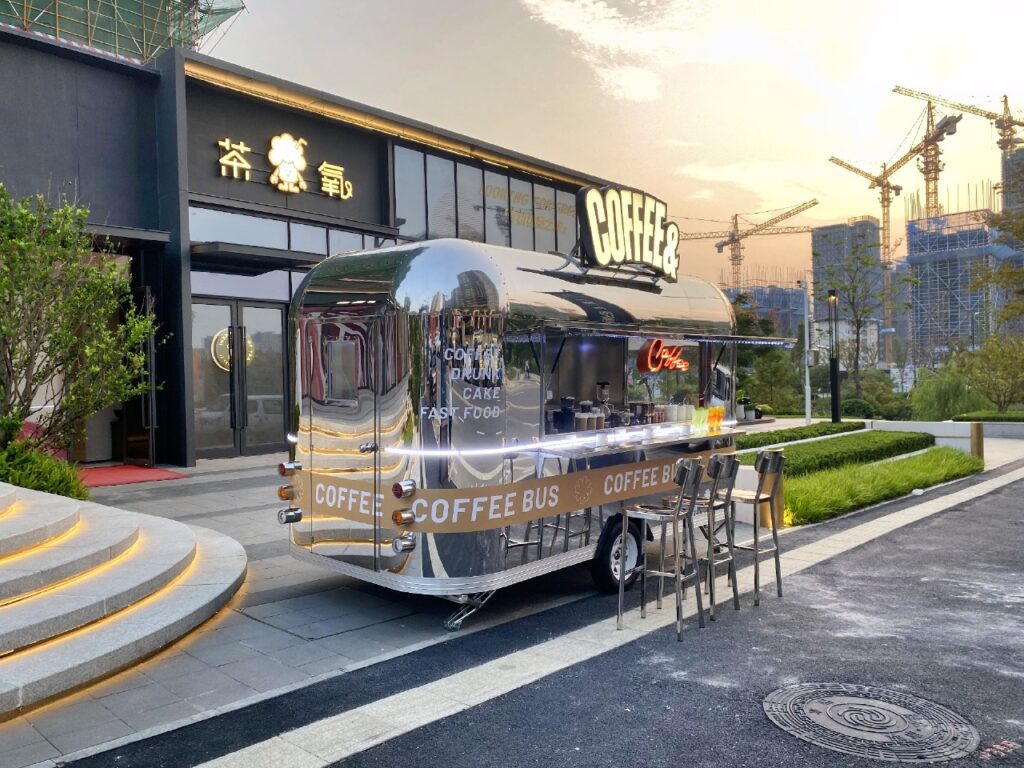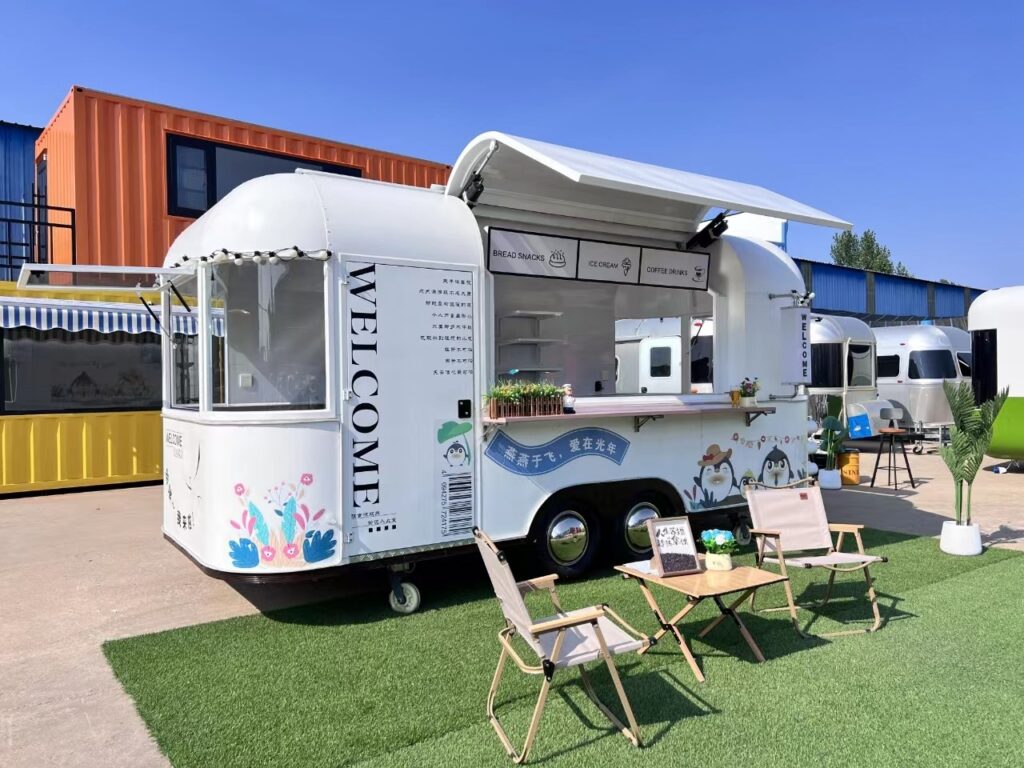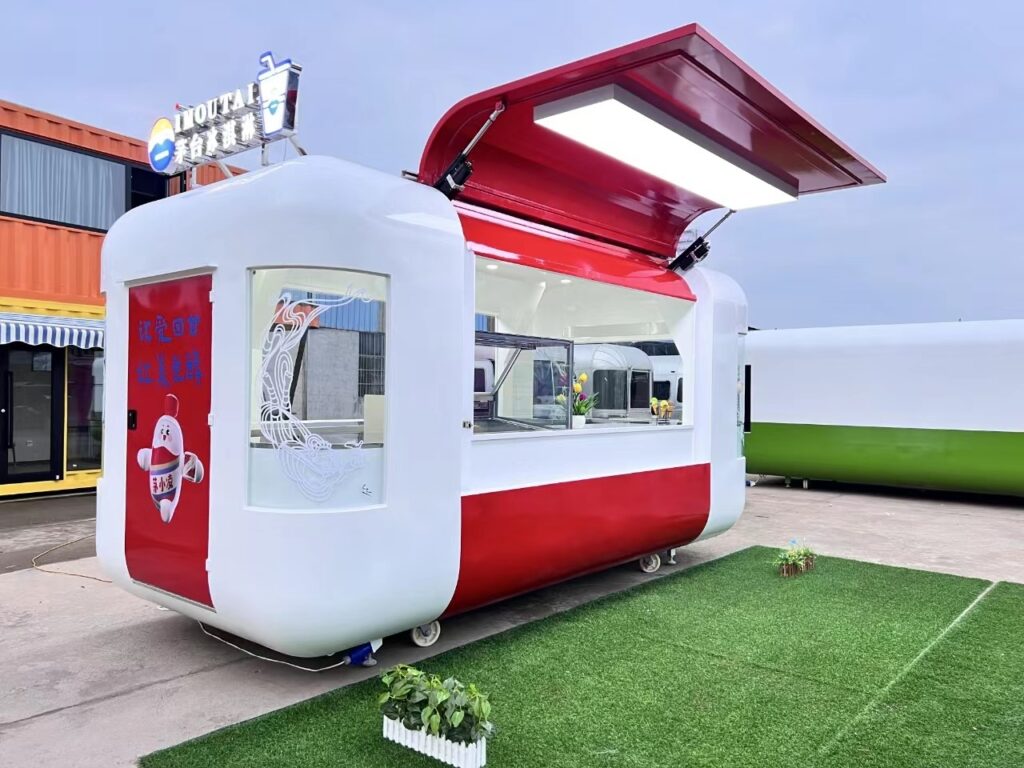How to Start a Successful Food Truck Business in London
London’s vibrant food scene is one of the most exciting in the world, and food trucks have become a staple part of the city’s culinary culture. If you’ve ever dreamed of launching your own food truck business in London, now is the perfect time to turn that dream into reality. But with so many food trucks in operation, it’s essential to understand what it takes to stand out and run a successful food truck business. This guide will walk you through everything you need to know about starting a food truck business in London, from understanding the basics to mastering the key steps in setting up and growing your food truck business.
Whether you’re a passionate chef or an aspiring entrepreneur, this guide will help you navigate the challenges and opportunities that come with starting a food truck business.
Research and Develop Your Food Truck Business Concept
Before you start your food truck business in London, it’s important to develop a unique and appealing concept. Think about what makes your food truck stand out from the crowd. London is a diverse city with people from all walks of life, so your food truck’s concept should be something that resonates with locals and visitors alike. Think about your culinary strengths and the types of food that would suit a mobile kitchen. London’s food scene is rich with global cuisines, so you’ll want to consider how your offering will fit into the market.
Who is my target audience?
Are you catering to office workers in the city, late-night revellers, or tourists? Understanding your audience will help you refine your menu and decide where to park your food truck.What makes my food truck different? Whether it’s your unique recipes, locally sourced ingredients, or eye-catching branding, your food truck should have a distinct identity that attracts customers.Once you have your concept, it’s time to move on to the next steps.
Plan Your Food Truck’s Layout and Equipment
A well-designed food truck is critical to the success of your food truck business. It must be functional, efficient, and capable of accommodating all your cooking and storage needs. The layout of your food truck should reflect your menu, the number of staff you plan to have, and the type of service you intend to offer.

Consider these key elements when planning your food truck’s layout
Kitchen Equipment – Choose equipment that suits the type of food you will be preparing. Consider items like fryers, grills, ovens, refrigerators, and food storage. Keep in mind that your equipment needs to be compact yet functional in a limited space.
Workflow – The design of your kitchen should allow for a smooth workflow. The food prep area, cooking station, and service window should be organized to minimize traffic and allow for quick service
Space Utilization – Maximize your food truck’s space by using smart storage solutions and keeping only the equipment you need to avoid overcrowding. Proper storage for ingredients and utensils will keep things running smoothly during service.
Branding – Your food truck’s exterior is your restaurant’s billboard, so make it eye-catching and memorable. A clear and consistent brand message will help draw attention and attract customers.
Register Your Food Truck Business and Get the Necessary Permits
To run a legal and compliant food truck business in London, you’ll need to obtain a number of licenses and permits. The UK government and local authorities have specific regulations regarding food safety, health standards, and operating permits for mobile food businesses.
Here are the main permits and registrations you’ll need:
Food Business Registration – You must register your food truck with your local council at least 28 days before you start trading. This registration will ensure that your food truck is inspected for food hygiene and safety.
Street Trading License – Depending on where you plan to park your food truck in London, you’ll need a street trading license from the local council. This license grants you permission to sell food in specific areas, such as markets or public spaces.
Health and Safety Compliance – Your food truck must comply with UK food safety and hygiene standards. This includes having a food hygiene certificate, ensuring that your food is stored and prepared safely, and maintaining proper sanitation.
Insurance – It’s crucial to have the right insurance for your food truck business. Public liability insurance is essential, and you may also need vehicle insurance and employee insurance if you hire staff.
Secure a Food Truck and Customize It for Your Business – The next step in starting your food truck business is to secure a truck that meets your needs. You have two options: buying a pre-owned food truck or commissioning a new custom-built truck.
Pre-Owned Food Trucks – Buying a used food truck can save you money, but you’ll need to make sure it’s in good condition and up to code with the necessary equipment. Consider the age of the truck, the condition of the kitchen, and whether any upgrades or repairs will be necessary.
Custom-Built Food Trucks – If you want a food truck built specifically for your business, consider working with a company that specializes in customizing food trucks. Custom-built trucks allow you to choose the layout, equipment, and branding, ensuring your truck aligns perfectly with your vision.
Whichever route you choose, make sure the truck is reliable, durable, and built to meet your business’s needs.
A successful food truck business relies on consistently high-quality ingredients. Finding reliable suppliers and sourcing ingredients for your menu is a key part of your business’s operation. Look for suppliers who offer fresh, seasonal, and locally sourced ingredients when possible, as this can appeal to your customers and enhance your food truck’s reputation.
Market Your Food Truck Business
Once you have your food truck up and running, it’s time to start promoting it. Marketing your food truck business is essential to attract customers and build a loyal following. Here are some effective strategies for marketing your food truck in London:
Leverage social media platforms like Instagram, Facebook, and Twitter to showcase your food truck, post mouth-watering photos, and announce your location. Social media is a great way to connect with your audience and keep them updated on your schedule.
Food Truck Apps – Many food trucks in London use apps that let customers track their locations in real-time. Register your food truck on these platforms to increase visibility and attract more customers.
Event Catering
Consider catering for local events, festivals, and markets to boost your exposure. This can be a great way to gain new customers and build your brand. Loyalty Programs: Create a loyalty program to encourage repeat business. Offer discounts or free items after a certain number of visits to keep customers coming back.
Focus on Customer Service and Quality
The key to a successful food truck business is delivering excellent customer service and consistently high-quality food. Happy customers are more likely to return and spread the word about your food truck. Be friendly, engage with your customers, and ensure that each meal is prepared to the highest standard. Make sure your staff is trained to provide great service and manage customer interactions professionally.
Starting a food truck business in London can be an incredibly rewarding venture, but it requires careful planning, creativity, and hard work. By following these steps and focusing on what makes your food truck unique, you can turn your passion for food into a successful and thriving business. Ready to get started? The streets of London are waiting for your food truck business!




